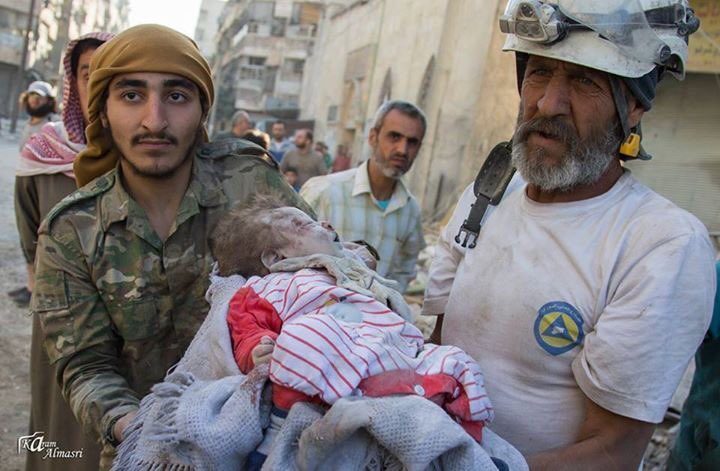
The United Arab Emirates has begun using US-made planes to support Haftar, a Russian-backed general in Libya, Time reported.
It also stated that the planes offer fresh evidence of a clandestine proxy war in Libya.
But the irony is that,”The American military hardware is being used to undermine official U.S. policy in Libya,” according to the Time.
At least six American-made Archangel turboprop planes have been seen in satellite images of an airbase controlled by Russian-backed Gen. Khalifa Haftar, the leader of a faction fighting the US- and UN-backed government in Tripoli, Libya’s capital.
In fact, the UAE move also violates a UN embargo that bans all transfers of weapons to Libya unless explicitly granted an exception.
Since former Libyan dictator Muammar al-Qaddafi was killed in 2011, the country has fallen into chaos. Three governments are currently vying for power in the country, along with several insurgent groups, such as ISIS.
The conflict has further complicated as many players became more involved in the scene. Russia, Egypt, and UAE support Haftar’s government, while the US and UN back the Government of National Accord (GNA), led by Fayez al-Serraj.
The American company that makes the planes, North Carolina-based Iomax USA, has sold 48 of the Archangels to the UAE.
Archangels are akin to crop-dusters and can also be fitted with advanced surveillance equipment and weapons.
They fly at slower speeds and low altitudes, making them ideal for patrolling borders and fighting insurgents at close range.
The UAE was one of the top 10 purchasers of US-made weaponry between 2011 and 2015.
Egypt, which is also backing Haftar and has allowed Russia to keep troops in military bases along its border with Libya, is also among the top 10.
The Time said that the flow of weapons helps sustain a conflict that leaves Libya mired in chaos and split.
Moreover, military support for Haftar’s forces could also complicate efforts to resolve the civil conflict through negotiations, efforts that the U.A.E. itself supports.
It is worth to mention that last week,Haftar met the leader of the U.N.-backed government, Fayez al-Serraj, in Abu Dhabi.
The rival leaders reportedly agreed on an outline of a deal to end the division between their governments, although no joint statement emerged from the summit.
However, the militias allied to the country’s two rival governments both command tiny air forces, “and so the introduction of new warplanes could help tip the scales in a conflict where many of the fighters are armed only with aging assault rifles,”said the Time.
The Time reported that it remains unclear whether the U.S. government was aware of the transfer of the planes to Libya at the time.
When asked, a State Department official said, “As a matter of policy we decline to comment on the details of the Department’s interactions with individual private companies and foreign governments.”
U.A.E. officials did not respond to inquiries from TIME.
Haftar, Libya’s strongman who is casting himself as a savior aiming to rescue the country from chaos, is backed by Egypt, UAE and recently Russia.
In January,Haftar flew to a Russian aircraft carrier in the Mediterranean and participated in a video-conference with Russia’s defense minister.
On March 14, Reuters reported that Russia sent special forces to an airbase in western Egypt, eyeing a possible mission in Libya.
The Russian ministry of defense denied the deployment, but in remarks reported the same day, Kremlin spokesman Dmitry Peskov said, “Russia is betting on him (Haftar)in the matter of settling the situation in Libya.”
U.S. officials have expressed alarm about the expansion of Russian influence in Libya, likening it to the Russian air campaign in support of the regime of Bashar Assad in Syria.
Some members of Congress have recently called for the US to “engage” with Libya in an attempt to halt Russian aggression in the oil-rich nation. President Donald Trump, however, has said that the US has “no role” in the country.



